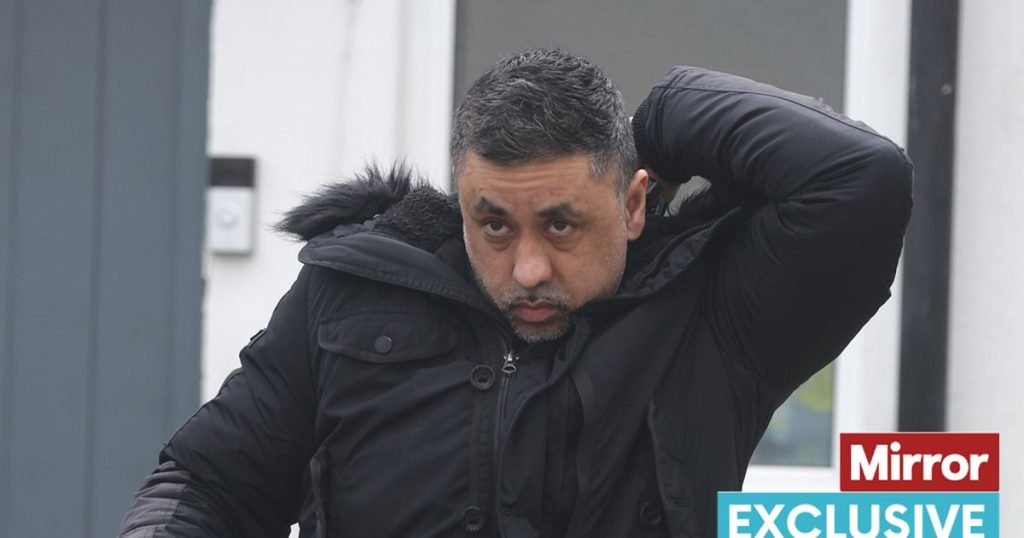Three gang members involved in the robbery that led to the murder of PC Sharon Beshenivsky have been convicted – Faisal Razzaq, his brother Hassan, and Raza Ul-Haq Aslam. Faisal Razzaq, released in 2017 after serving 11 years for manslaughter, was found in possession of a luxury car similar to the one used in the deadly 2005 robbery in Bradford. Detectives expressed disappointment at the early release of the convicted men, highlighting their lack of remorse for the murder of PC Beshenivsky, who was shot dead during the robbery.
In a recent development, Piran Ditta Khan, the ringleader of the gang that orchestrated the robbery, was finally brought to justice for the murder of PC Beshenivsky. Khan, also known as “Uncle” to the gang members, fled to Pakistan after the killing but was extradited to the UK in 2021. Despite his denial of involvement in the murder, Khan was convicted and sentenced to life in prison. The arrest and conviction of the gang leader brought closure to the long-standing investigation and served as a form of justice for PC Beshenivsky and her family.
Police detective Andy Brennan, who led the initial hunt for the killers, expressed his dismay at the early release of the gang members while many are still affected by the tragic events. The lack of remorse shown by the convicted individuals towards the police officers and victims of the robbery further fueled the disappointment among the law enforcement community. The ongoing pain felt by those impacted by the murder of PC Beshenivsky highlights the need for accountability and justice in such cases.
Faisal Razzaq, now living a free life post-release, declined to comment on his involvement in the robbery or the murder of PC Beshenivsky when questioned by reporters. The sight of him driving a luxury car reminiscent of the one used in the deadly raid adds to the pain and frustration of those seeking closure and justice in the case. The revelation of the gang members living their lives while the victims continue to suffer underscores the complexities and challenges of the criminal justice system.
The conviction of Piran Ditta Khan and the continued existence of the other gang members in society raise questions about the effectiveness of the justice system in addressing crimes of this nature. The swift action taken against Khan and the delays in holding other responsible parties accountable highlight the need for improved processes and procedures in dealing with such cases. The emotional toll on the families of the victims and the officers involved in the case underscores the significance of seeking justice and closure in the aftermath of such tragic events.
As the story unfolds, it serves as a reminder of the impact of crime on individuals, families, and communities. The focus on accountability, justice, and closure in cases like the murder of PC Sharon Beshenivsky sheds light on the complexities of the criminal justice system and the challenges in ensuring that perpetrators are held responsible for their actions. The journey towards justice for the victims, their families, and the law enforcement community continues, highlighting the importance of perseverance and determination in seeking truth and accountability.


